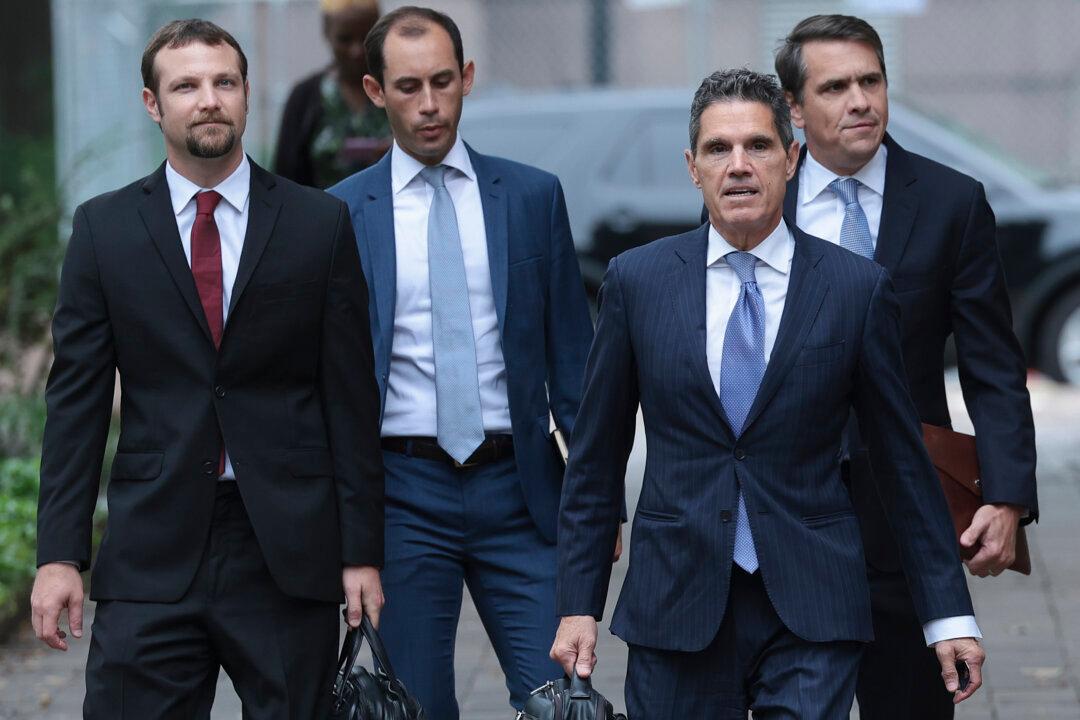Attorneys for former President Donald Trump met the Sunday deadline of filing a response to the Department of Justice’s (DOJ) opposition that the judge presiding over their case recuse herself.
Special counsel Jack Smith is prosecuting a case against the former president, charging him with four counts of conspiracy and obstruction for his actions in challenging the 2020 election results. Presiding over the case in Washington, D.C., is Judge Tanya Chutkan, who is known for being a harsh sentencer in the several Jan. 6, 2021-related cases she has already ruled on.





